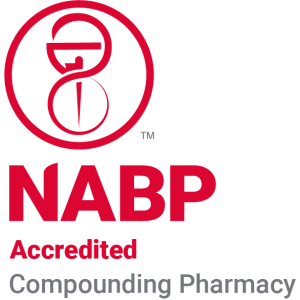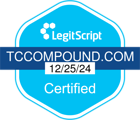Learn more about Ketamine and depression and how patients may get more access to the potential benefits of therapy in different forms.
Ketamine infusion therapy holds significant promise for those suffering from treatment-resistant depression (TRD). However, barriers often make infusions inaccessible, and practitioners may explore alternative dosage forms.
When infusions are not accessible to patients
Ketamine infusion therapy remains out of reach for many patients due to barriers such as high cost and limited insurance coverage, forcing many to pay out-of-pocket.

Availability is also restricted because many prescribers do not offer infusion therapy. Ketamine requires a controlled environment, monitoring, and repeated visits, creating further logistical challenges.
Slow-release ketamine tablets may show promise for TRD
A recent report in JAMA discussed early clinical trial results studying an extended-release tablet form of ketamine. After 12 weeks, patients receiving tablets had fewer symptoms than those receiving placebo.
Only 12% experienced dissociation, suggesting this form may improve access while reducing some challenges associated with in-office infusions.
Learn about other compounded ketamine dosage forms
Ketamine can be compounded into different dosage forms, including:
- Nasal Spray
- Troches
- Mini-Troches
- Ketamine Injection
- Ketamine Infusion (IV)
- Ketamine Vials
- Oral Capsules
- Rapid Dissolve Tablets (RDTs)

Nasal Spray

Troche

Mini-Troche

Sterile Infusion

Vial (Injectable)

Rapid Dissolve Tablets
















